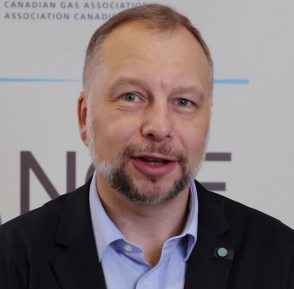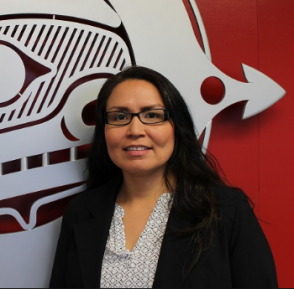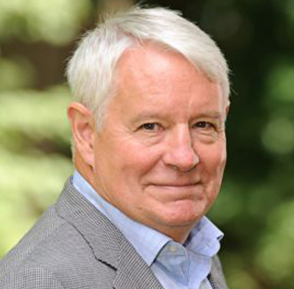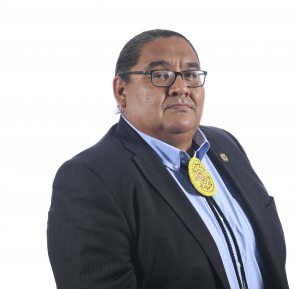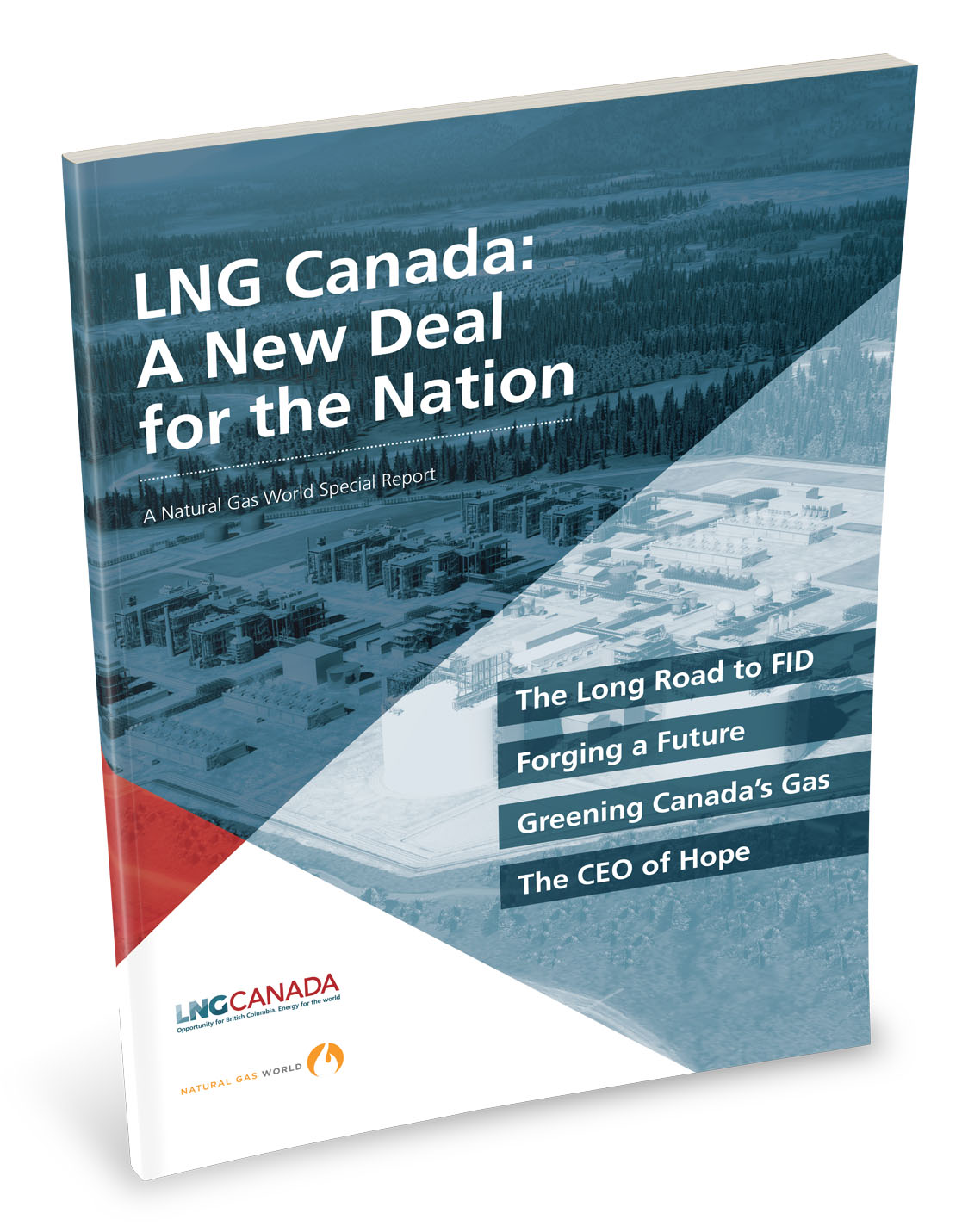Background - Topics for Discussion - Agenda - Confirmed Panelists - Panelists Bios - Videos - Download Brochure
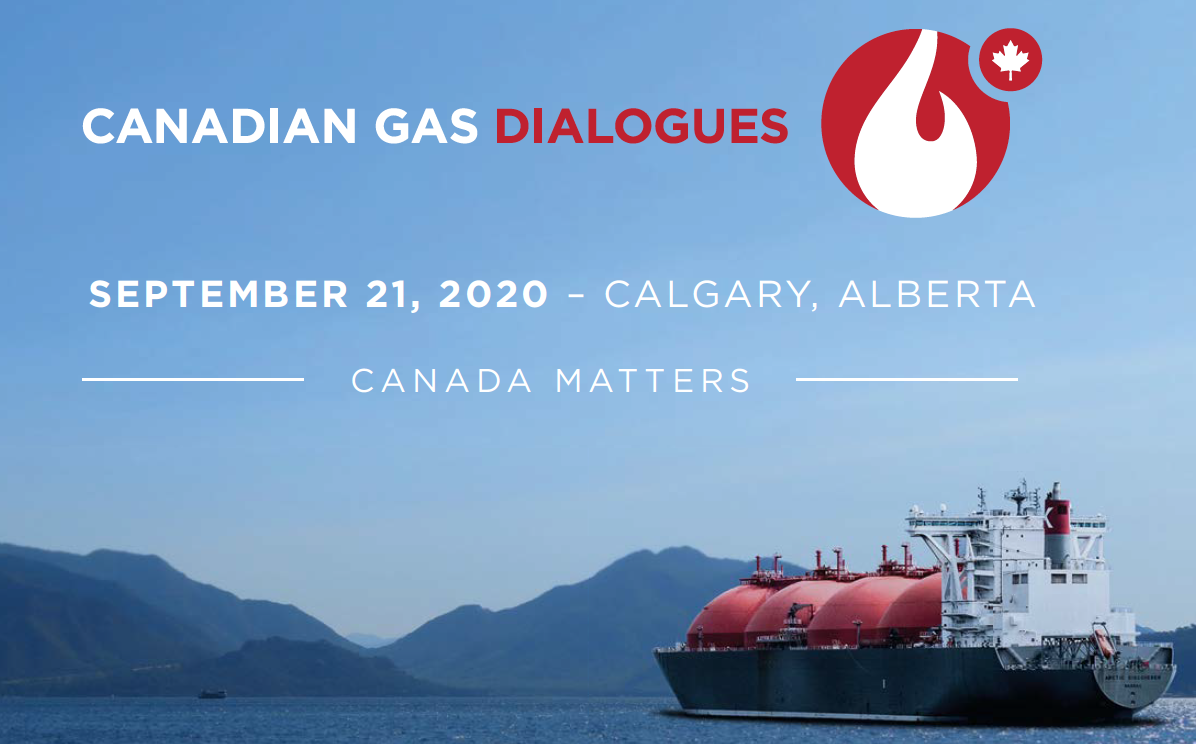
.png)
Background
The Canadian Gas Dialogues conference is designed to bring together the spectrum of stakeholders in the natural gas community for the exchange and sharing of insight and viewpoints on how we can collectively move forward the position of the industry in local, national and global communities.
In 2019 more than 140 Canadian gas industry executives, consultants, managers and other stakeholders participated in Natural Gas World’s inaugural Canadian Gas Dialogues conference April 23 in Calgary. Structured around four panels, the conference explored major issues impacting the Canadian gas industry: public perception of the industry, domestic and export markets for its product, and regulatory forces that are reshaping how – and even if – the industry can move forward. And a luncheon panel explored what can arguably be characterised as the biggest success story in the Canadian gas industry since the nation–building TransCanada pipeline system was built in the 1950s: the decision by the LNG Canada partnership to commit to building its $40bn liquefaction terminal and pipeline on Canada’s west coast.
Canadian Gas Dialogues 2020
Natural Gas World presents Canadian Gas Dialogues 2020 with the support of the Canadian Gas Association (CGA), Canadian Association of Petroleum Producers (CAPP) and the Canadian Energy Pipeline Association (CEPA)
Venue: Online Webinar Series
Starting Date: September 21, 2020
Environmental, Social and Governance Issues
As investors and the public become increasingly concerned about the environmental impact of fossil fuel production and consumption, it is becoming increasingly difficult for natural gas – the cleanest of the fossil fuels – to gain public acceptance. This session will explore the current dynamics of earning that acceptance, and driving a narrative that highlights the contribution of natural gas to climate goals and ending energy poverty.
Managing Methane
Fugitive methane emissions are being targeted as a major contributor to climate change. Canada is a global leader in methane emission monitoring and mitigation, and is on pace to achieve a 45% reduction by 2025, meeting federal requirements. This session will discuss what is being done to minimize the emissions of methane, the gas industry’s most valuable commodity.
Federal Regulatory Framework
Over the past 50 years, Canada has developed a robust regulatory framework within which its abundant resource endowments could be reviewed, approved and monitored, away from meddlesome political and commercial interests. Recently, that framework has been shaken, and new regulatory constructs threaten the future of major energy developments and the ability of Canadian producers to reach international markets. Is Canada’s regulatory framework broken? And how can it be fixed?
Driving Innovation
The Canadian Gas Association, through its Natural Gas Innovation Fund, is driving the search for new and cleaner ways to produce and consume natural gas. From micro-scale LNG to basement carbon capture, what’s out there and who’s making it happen?
Market Access
There was a time when the gas business in western Canada was “easy”: explore for it, drill for it, produce it, and sell it to the US. Since the shale gale blew through North America, however, much has changed: western Canadian producers have discovered a vast new resource. New drilling and completion technologies allow them to produce this new resource. But infrastructure has been slow to respond to this new resource, and western Canada is now at the wrong end of a very long value chain, and its producers are forced to accept low prices to sell their gas into saturated North American markets. This session will discuss how to enhance access to new and emerging markets, both in North America and abroad.
Shale Gas Running Room
The Montney, straddling the border between northeastern BC and northwestern Alberta, has established itself as one of the premier shale gas resources in North America, rivaling such great basins as the Permian and the Appalachian in the US. But western Canada has much more to offer, from emerging liquids-rich plays in the Duvernay to established and growing plays in the Deep Basin. This session will draw on some of Canada’s top shale gas developers to discuss just what the potential might be.
LNG Opportunities
LNG Canada and Woodfibre LNG represent Canada’s vanguard on the international LNG stage, but more is yet to come. From ISO shipments out of Vancouver to world-scale projects on the drawing board in Quebec and Nova Scotia, Canada has the potential to play a leading role delivering the world’s cleanest LNG to global markets. What needs to be done to make sure that potential is reached?
First Nations
LNG Canada, Coastal GasLink and Woodfibre LNG have set a high bar for bringing Canada’s First Nations into their projects as valuable partners and overseers. But much remains to be done to bring true economic and social reconciliation to First Nations across Canada. Resource development offers a path to reconciliation; what does that path look like, where does it start and where does it end?
Tapping Emerging Markets
With traditional markets in the US dwindling, Canadian producers must tap new pockets of demand to find a home for their commodity: coal-to-gas power conversion, petrochemicals, CNG and LNG for transport and remote power fuel. At the same time, forces across North America are seeking to block natural gas from new residential and commercial point-demand markets. Without putting all their eggs in the LNG basket, how can Canada’s producers take advantage of new market opportunities?
Would you like to sponsor Canadian Gas Dialogues? Please contact João Salviano for more information. Thank you.
CONFIRMED PANELISTS:









